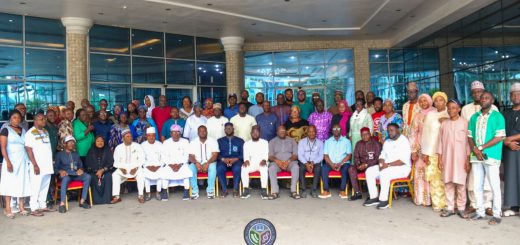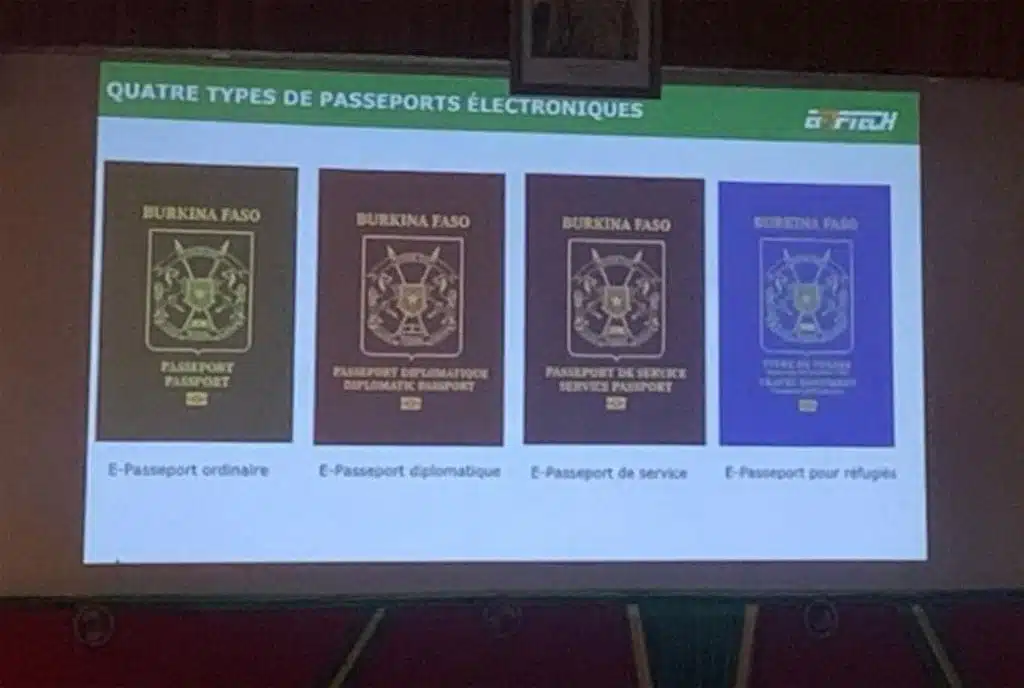TikTok Ban: Trump Gives Social Media App 75-Day Grace Period
President Donald Trump on Monday signed an executive action that delays enforcement of the TikTok ban for 75 days.
The action directs the US Justice Department not to enforce the Foreign Adversary Controlled Applications Act, which passed with broad bipartisan support in Congress and was signed in April by former President Joe Biden. The law required that starting January 19, TikTok be banned in the United States unless it sells to a buyer from America or one of its allies.
The law gives the president broad discretion on how to enforce the ban. Trump’s promise in a Truth Social post that he would sign an executive action Monday so that the law will not be enforced – including for ban violations that took place before he became president – was sufficient enough for TikTok, which shut itself down for about 14 hours Saturday night into Sunday, to go back online Sunday afternoon.
“The unfortunate timing of section 2(a) of the Act — one day before I took office as the 47th President of the United States — interferes with my ability to assess the national security and foreign policy implications of the Act’s prohibitions before they take effect,” Trump’s executive action said. “This timing also interferes with my ability to negotiate a resolution to avoid an abrupt shutdown of the TikTok platform while addressing national security concerns.”
The action says the 75-day delay will help the Trump administration attempt to “determine the appropriate course forward in an orderly way that protects national security while avoiding an abrupt shutdown of a communications platform used by millions of Americans.”
Trump told reporters Monday that he changed his mind on TikTok because he “got to use it.”
“And remember, TikTok is largely about kids, young kids,” Trump said in the Oval Office when asked what changed his mind. “If China is going to get information about young kids out of it, to be honest, I think we have bigger problems than that.”
He also told reporters the action that he signed on TikTok gave him the right to either “sell it or close it.”
“I have the right to either sell it or close it, and we’ll make that determination,” Trump added.
But TikTok’s ultimate fate in America remains in doubt. It’s unclear that TikTok’s China-based owner, ByteDance, would want to sell to a buyer, even if it were a deal brokered by Trump.
TikTok is back – for now
TikTok restored access for American users midday on Sunday, crediting Trump for bringing the app back.
“I will issue an executive order on Monday to extend the period before the law’s prohibitions take effect so that we can make a deal to protect our national security,” Trump said in a truth social post-Sunday. He added that he would not hold TikTok’s technology partners — including Apple, Google and cloud computing company Oracle — liable for continuing to make the app available until he signed the order.
It was that reassurance that he wouldn’t fine its tech partners, TikTok said, that allowed it to bring back US users’ access.
“We thank President Trump for providing the necessary clarity and assurance to our service providers that they will face no penalties providing TikTok,” TikTok said in a statement Sunday. “We will work with President Trump on a long-term solution that keeps TikTok in the United States.”
The app’s return was welcomed by many of its 170 million American users.
“I was fully crying myself to sleep last night because it was just so sad and I felt like I’d lost a whole community and a job,” influencer Shay Sullivan, who has 1.1 million followers on TikTok, told CNN on Sunday. “Now, I’m just overjoyed. I’m having the best day … it was a roller coaster.”
Still, bringing the app back for good may not be straightforward.
Ultimately, the law, which passed with bipartisan support and was signed by outgoing President Joe Biden last April, requires TikTok parent company ByteDance to sell the app to a buyer from the United States or one of its allies because of concerns that the app could pose a national security risk. And so far, ByteDance has, at least publicly, resisted the idea of a sale.
Trump on Sunday and again on Monday suggested that an American buyer should purchase half of the company and run it as a 50-50 joint venture with its current owners. But it’s unclear if that solution would satisfy those in Congress who passed the law, including members of Trump’s party concerned about foreign control of a popular platform.
TikTok didn’t necessarily have to shut itself down.
The law requires only that TikTok’s technology partners — including Oracle, which hosts TikTok’s content in the United States, and Apple and Google, which host the app on their app stores — stop supporting the app or face fines of up to $5,000 per person who has access to the platform starting Sunday.
The Biden administration suggested last week that it would leave it up to Trump to implement and enforce the law once he took office.
Despite that assurance, a person close to TikTok said “multiple critical service partners” indicated to TikTok that they were concerned that the ban might be enforced starting Sunday — so the company decided to go dark.
The shutdown appeared aimed at ratcheting up pressure on Trump to act quickly; restoring access to the app could serve as a kind of immediate political victory for the incoming president with America’s youth, although it was Trump who first tried to ban the app during his previous term.
TikTok appealed to Trump in its pop-up message on the app starting late Saturday night notifying users that the app was unavailable in the United States.
“We are fortunate that President Trump has indicated that he will work with us on a solution to reinstate TikTok once he takes office,” the company posted in its pop-up message. “Please stay tuned!”



